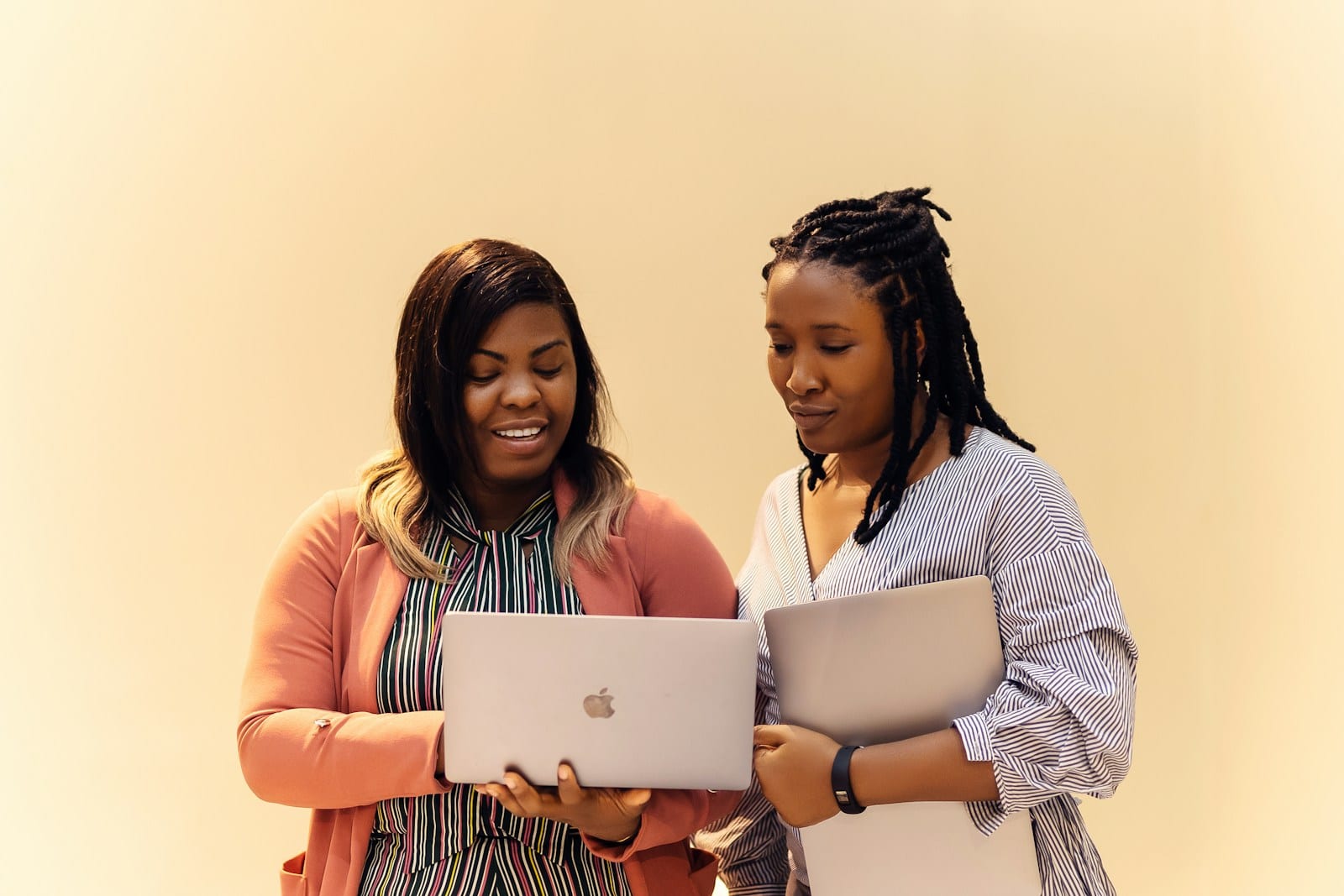[Tuesday, May 19, 2020, Zoom]
by Renate Kratochvil and Sarah Stanske
Do man and woman face different challenges in their academic career? Rebecca Kehoe (Cornell University) and Ruth Aguilera (Northeastern University) held a virtual panel with Russell Coff (University of Wisconsin-Madison), Cynthia Devers (Texas A&M University), Randi Lunnan (BI Norwegian Business School) and Anthony Nyberg (University of South Carolina) to collect perspectives and answers to this question.
Though this complex question was already raised during the first “Women’s Networking Breakfast” at the 2019 SMS Annual Conference in Minneapolis, many aspects still remained unexplored, leading to a continuation of the conversation via an SMS webinar. Topics raised referred to managing time, building networks, creating policies, coping with stress, seeking help, and supporting diversity.
The discussion started with the statement that time is a critical resource to all academics, yet, people manage this resource differently. Generally, it was observed that female faculty members engage more in volunteering activities. Do they feel that they are expected to do so? Is it a mechanism for building networks? Or do some simply fear to say ‘no’? Research confirms this and illustrates moreover that females are less likely to negotiate (especially for higher salaries and more resources), implying that Deans and department heads should be aware of this.
The further discussion turned to the question if it is really about men and women doing things differently or if it is about stigma (e.g., she has a baby now, he took a break from work) and what others say and think that might hamper researchers’ careers. One advice for department heads is not only to enable people to take a break, but also to make coming back easy. The panel agreed that it should be one of the uppermost goals for department heads to create an inclusive atmosphere and to strive for a balanced department, while, on the other hand refrain from positive discrimination in the favor of women. A possibility might also be to follow the example of the Strategic Management Society and to appoint an ombudsperson taking care for the needs of minorities and to safeguard fair processes.
A final concern which was voiced, was the aspect of networking. Especially younger females in the beginning of their careers seem to struggle to network in male-dominated academia. This situation is aggravated when networking includes activities, such as “fantasy football”. One advice offered by the panel to both males and females is to step out of the comfort zone. Why not play soccer with the boys? Why not do yoga with the girls? Don’t shy away from including your female and male colleagues to your activities. These social moments are very important for the creation of productive and good relationships. It is also important to realize that a well-curated and helpful network is the ultimate goal as opposed to becoming a networking butterfly.
Follow this link to listen to the full Second SMS webinar. It lasts for about 55 minutes and provides you with valuable insights on how we become even more inclusive.
The First SMS Webinar was held in February 2020 on the “Defining What Success Means for You – and Making it Happen,” with S. Alvarez, A. Langley, T. Madsen and M-L. Mors.
We look forward to more opportunities to connect with the SMS members regarding issues of women in the profession.
Blog authors:
Renate Kratochvil is a postdoc at BI Norwegian Business School, Oslo.
Sarah Stanske is a postdoc at Leuphana University Lüneburg.




